T-Mobile's 5G build-out is reportedly slowing down thanks to delay in merger approval
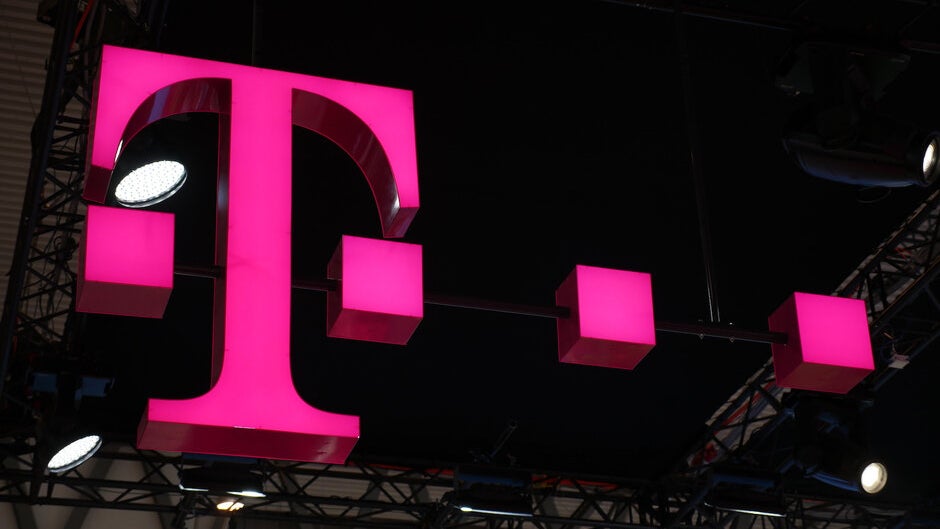
It appears that T-Mobile has put its 5G build-out on hold while it awaits the final disposition about its $26.2 billion merger with Sprint. A report from Light Reading (via TmoNews) cites research from Wells Fargo stating that the nation's third-largest wireless provider has slowed down the deployment of cell sites. While the carrier has not admitted to slowing down the build-out of its 5G network, the research report from the bank claims that based on chatter from tower companies, macro cell sites are being affected by the slow down but not small cell sites. The former sends out high power signals using an antenna, tower or mast. The latter uses low power antennas and are situated on the sides of poles, streetlights or buildings. Unlike macro cell towers that might be miles apart, small cells are placed blocks apart.
Tower companies and the firms used to construct them are feeling the slowdown according to the report. That's because, over the last year and a half, T-Mobile has been very aggressive in deploying the 600MHz low-band spectrum that it won in an FCC auction two-years ago. The carrier paid $7.99 billion for 31MHz of the 600MHz airwaves; low-frequency spectrum travels farther and penetrates buildings better than mid and higher-band signals. The use of the 600MHz band over more of the country is the subject of T-Mobile's new commercial featuring the 2019 iPhones (which of course support the band). T-Mobile has also successfully tested in the wild, 5G data sessions run over the 600MHz spectrum.
The 600MHz band combined with Sprint's mid-band 2.5GHz signal are being counted on by T-Mobile to help it become the first U.S. wireless provider with a nationwide 5G network in the states. The sub-6GHz 5G signals will combine with T-Mobile's mmWave airwaves to provide faster 5G speed to its customers. The question, of course, is whether T-Mobile will complete the merger with Sprint and take control of the latter's hoard of 2.5GHz spectrum. The carrier has been testing 2.5GHz spectrum in case the merger closes but has allegedly requested that the FCC auction airwaves in the 3.7GHz-4.2GHz range just in case.
Does Sprint's Lifeline "scandal" threaten FCC approval of the merger with T-Mobile?
Wells Fargo also alleges that in addition to apparently slowing down its 5G build-out, T-Mobile is slowing down its payments to contractors. Invoices with a payment date of 60 days are said to be 100 to 120 days late. One contractor speaking to the banking firm said that what T-Mobile was doing was "systematic conservation of capital." T-Mobile responded to the Wells Fargo report by noting that it still plans on expanding LTE coverage and performance "while simultaneously laying the foundation for broad, nationwide 5G in 2020. That hasn’t and won’t change."
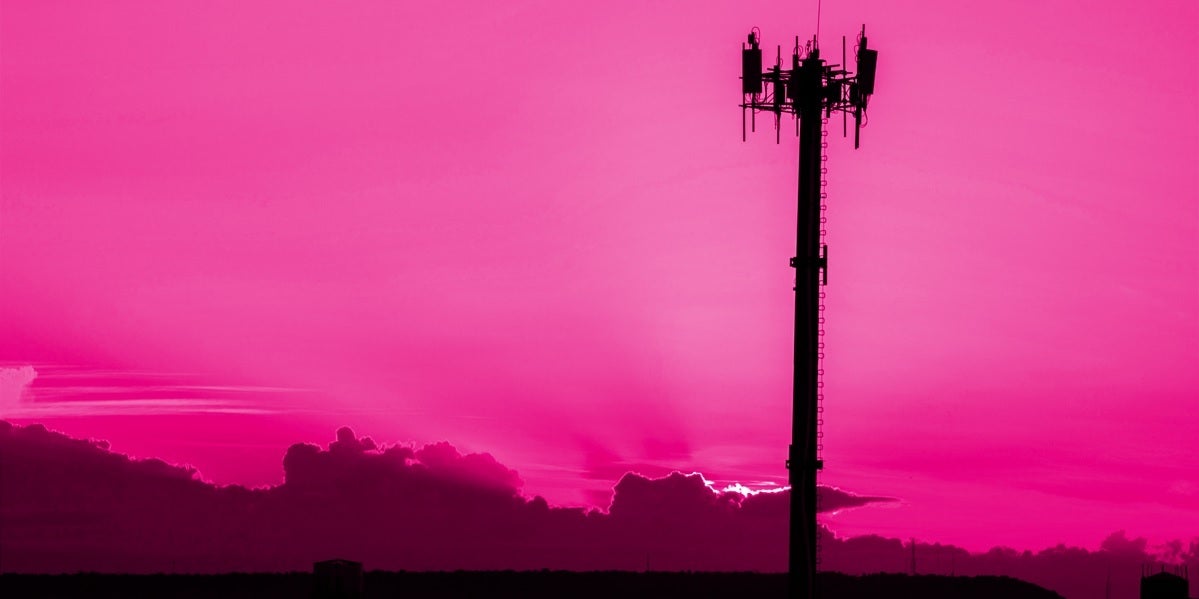
Wells Fargo says that T-Mobile is slowing down macro cell site deployments
T-Mobile first announced its merger with Sprint back in April 2018. After wooing the FCC by giving the agency promises about 5G coverage targets and a price freeze during the first 3-years after the merger closes, the Department of Justice (DOJ) required more. To gain DOJ approval, Sprint sold off all of its pre-paid businesses including Boost Mobile and Virgin Mobile to Dish Network along with some 800MHz spectrum. The goal is to make Dish the new "fourth-largest U.S. carrier" replacing Sprint.
Meanwhile, there are now two issues that are keeping the merger from closing. One is Sprint's Lifeline "scandal" that has upset FCC chairman Ajit Pai. The chairman originally recommended that the merger receive FCC approval, but had some harsh words to say after it was discovered that Sprint was claiming payment for 885,000 subscribers to the subsidized Lifeline service who did not use the program. Pai said last week, "It’s outrageous that a company would claim millions of taxpayer dollars for doing nothing. This shows a careless disregard for program rules and American taxpayers."
And there is still the matter of the lawsuit filed by 17 state attorneys general seeking to block the deal. That trial starts on December 9th.
Follow us on Google News





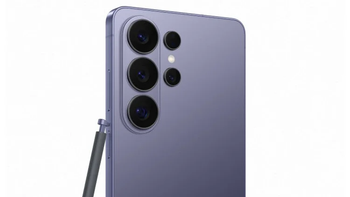


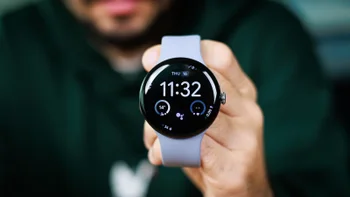

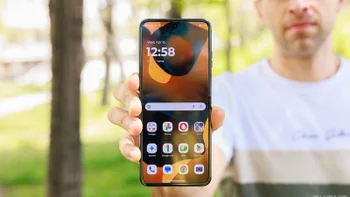


Things that are NOT allowed:
To help keep our community safe and free from spam, we apply temporary limits to newly created accounts: